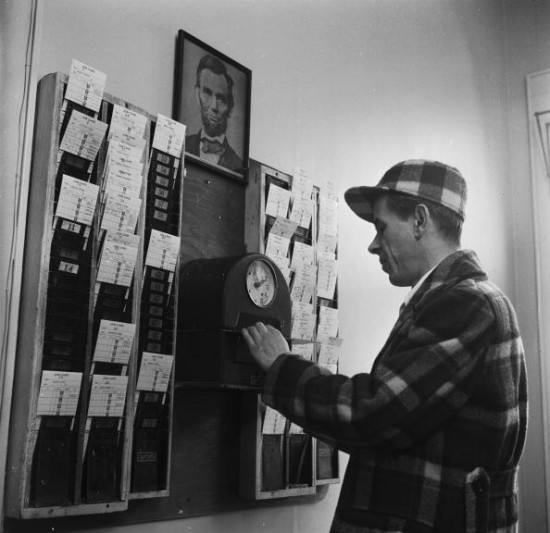 A French woman, upon seeing Picasso in a Parisian restaurant, approached the great master and insisted that he put down his coffee and make a quick sketch of her. Graciously, Picasso obliged. When he was done, she took the drawing, put it in her handbag, and then pulled out her billfold.
A French woman, upon seeing Picasso in a Parisian restaurant, approached the great master and insisted that he put down his coffee and make a quick sketch of her. Graciously, Picasso obliged. When he was done, she took the drawing, put it in her handbag, and then pulled out her billfold.
“How much do I owe you?” she asked.
“$5,000,” was Picasso’s reply.
“$5,000? But it took you only three minutes!” she exclaimed.
“No,” Picasso answered. “It took me all my life.”
That’s how I feel about the work I do. My skills – as a marketer and small-business builder – are very valuable. If you want me to help you sell your products or grow your business, you can expect to pay me at least $2,000 an hour.
And that’s only if I have the time… the work time… left in my schedule. If you want me to work during my personal time – evenings or weekends or during my vacation – how much would it cost you? You don’t want to ask.
A wealthy businessman, who had been following my writing at ETR for years, had been trying to persuade me to help him grow his business. At one point he offered to pay me $50,000 to spend a weekend with him – plus “plenty more” if I agreed to provide ongoing support.
I graciously turned down his offer, and he had a hard time understanding why. “I’m offering to pay you $3,000 an hour,” he said.
That’s true. For 16 hours (two days’ work), $50,000 amounts to just a bit more than $3,000 an hour. But I didn’t want to do it, because he was asking me to give up my personal time – the time I spend with my family and friends and the time I spend on my hobbies. And that time is worth at least twice as much as my working time.
How to Calculate Your Hourly Worth
Now, let’s talk about you. Let’s talk about how to calculate what your time is worth.
Here’s the formula I use: Take the amount of money you earn per year. Then divide that by 50 weeks and then by 40 hours.
For example, my friend Walt has a growing real estate business. To convince him that he shouldn’t be doing so much of the grunt work himself, I helped him apply my formula to his situation.
Walt makes about $150,000 a year. $150,000 divided by 50 weeks equals $3,000 (his weekly income). $3,000 divided by 40 hours comes to $75.
“That’s how much your work time is worth,” I told him. “So never do anything yourself that you can have done for less than $75 a hour.”
Now you do it. Divide your yearly income by 50 weeks. Then divide that by 40 hours.
If the number you come up with is less than $50, it tells me you are not practicing a financially valuable skill – one that contributes to your company’s bottom line. That means being involved in product creation, marketing, sales, or profit management. If that’s the case, go back and reread past ETR messages on how to get yourself into one of those jobs… because that’s where the big salaries are.
At the same time, make yourself as valuable as you can be at your present job. And start focusing on the really important work that will propel your career – and your income – forward.
Before long, your hourly rate will be double or even triple what it is today.
And your personal time will be worth even more.
It might be three times as valuable as the time you spend at work… five times as valuable… or 10 times as valuable. Only you will know just how much it’s worth to you. But at the very least, your personal time should be worth double what your work time is.
Once you know what that number is, you can make sure that every personal task you engage in is “worth” that amount of money to you.
Let’s say, for example, that, by applying my formula, you have calculated your work time to be worth $25 per hour. And you figure your personal time is worth twice that: $50 per hour. Let’s also say that you spend three hours every weekend in the summer doing yard work (mowing the lawn, trimming hedges, fertilizing, and so on). Ask yourself if you think it’s worth $150 ($50 times 3 hours of your personal time). If you feel it is, keep doing it. If it’s not, hire someone else to do it – which you can certainly do for a lot less than $150 a week – and free up your time for activities you really enjoy.
Same goes for any household job that you can hire out – cleaning, painting, washing the car.
We all have the same number of hours in the day. How much you get paid for the hours you work – and how much pleasure you get from the hours you don’t – are both up to you.
